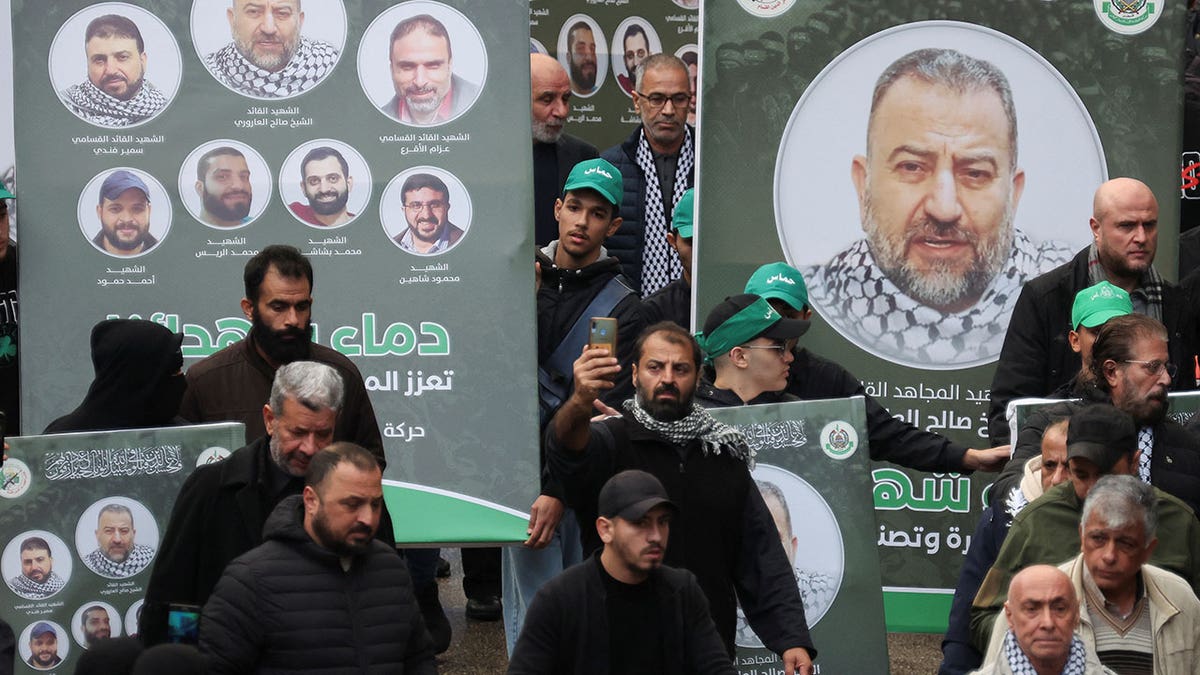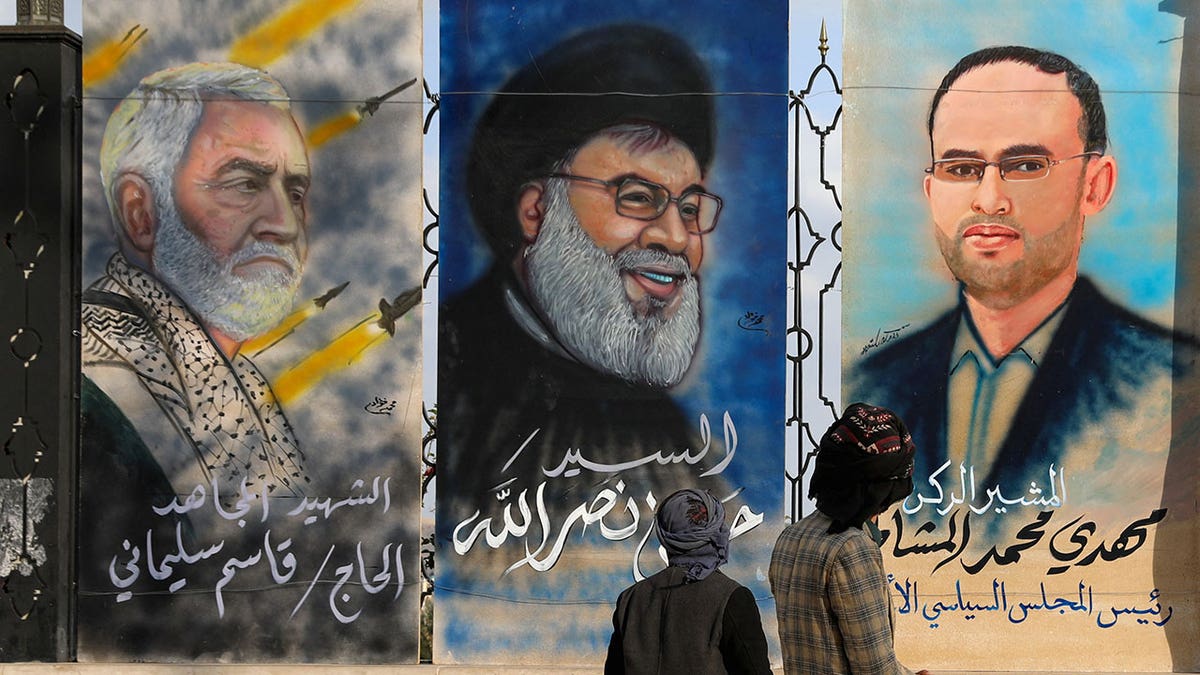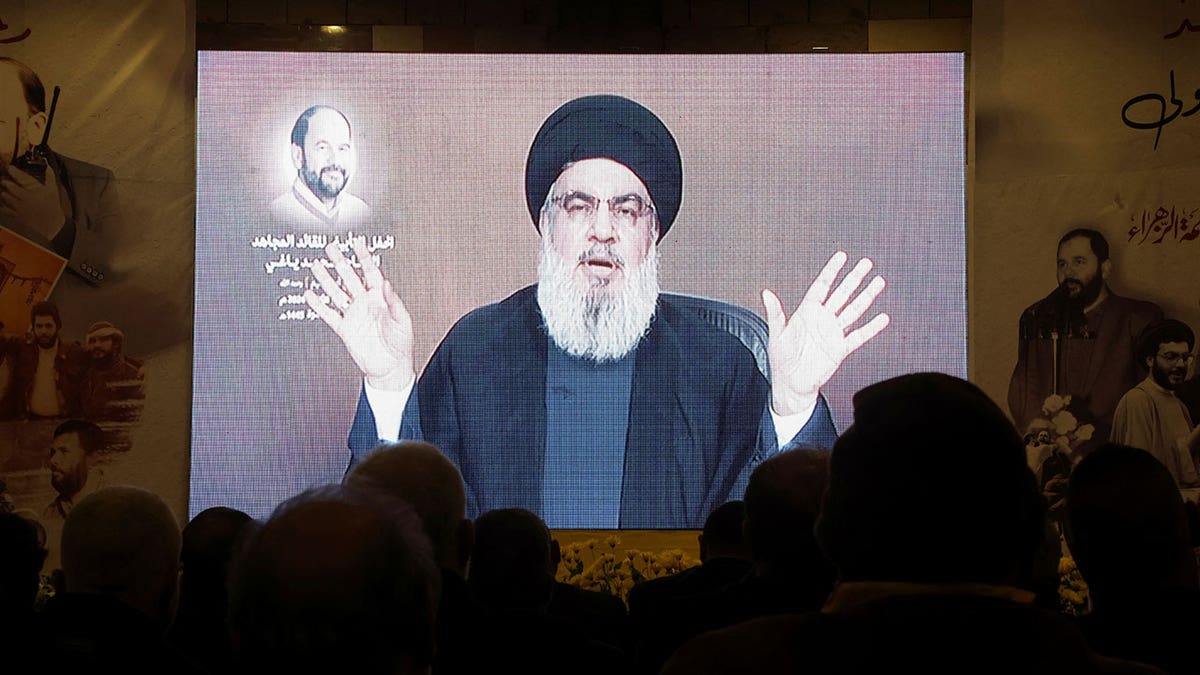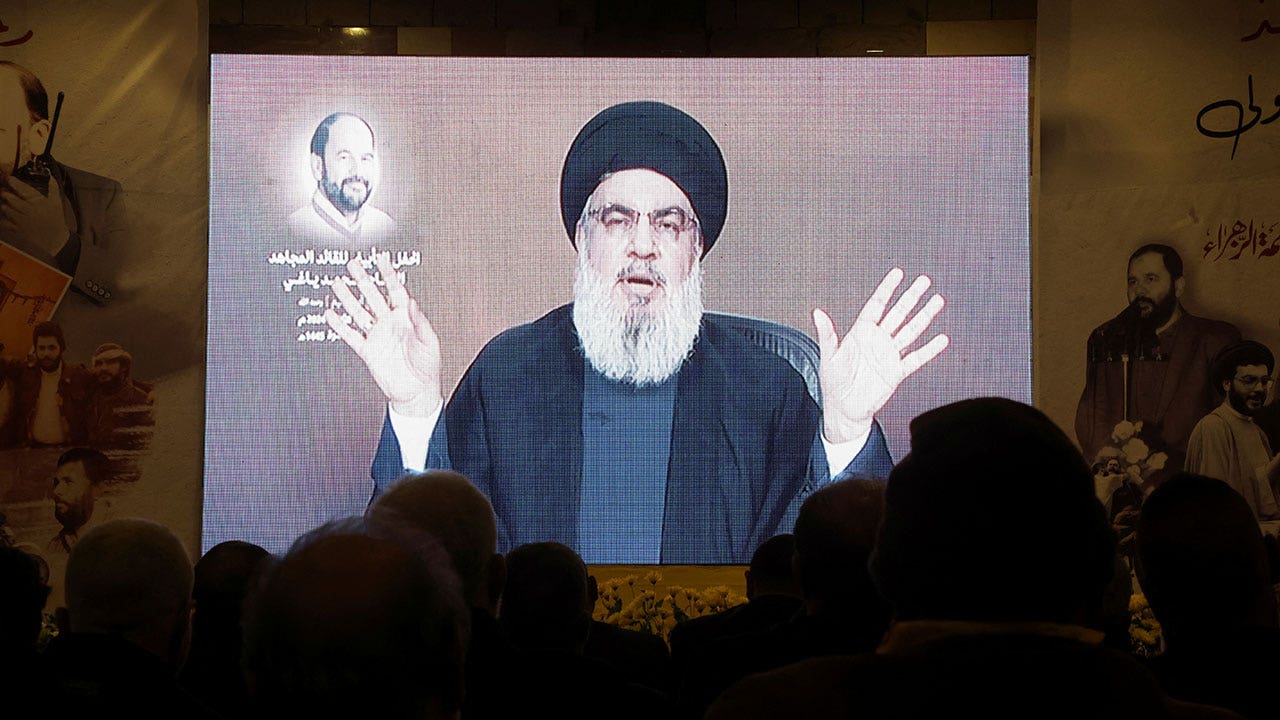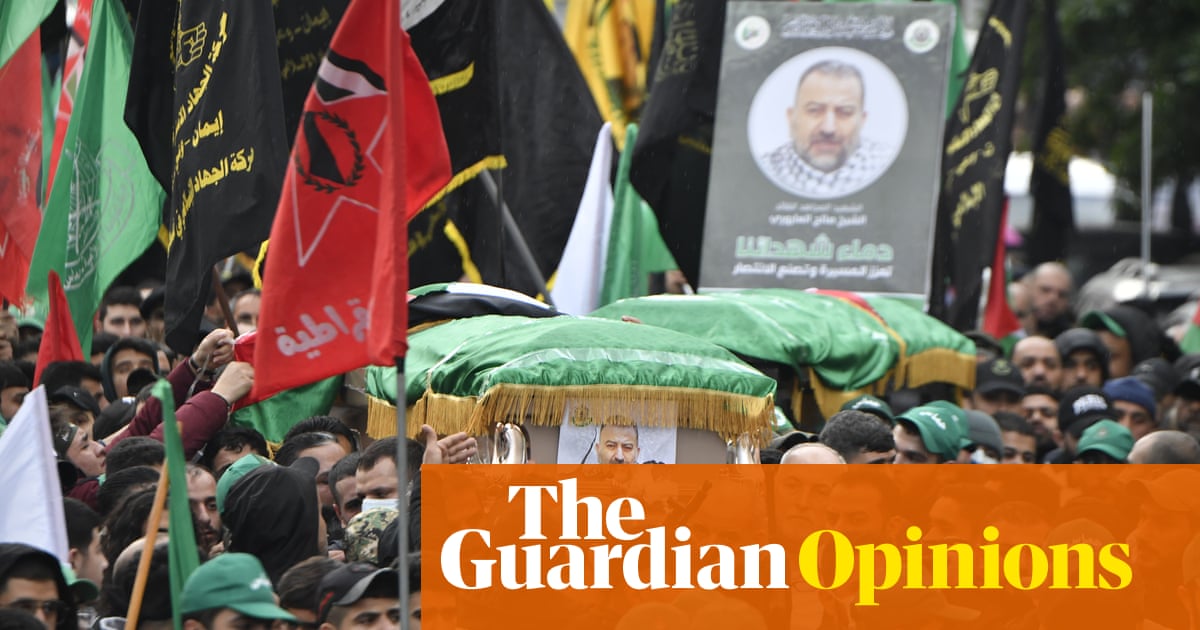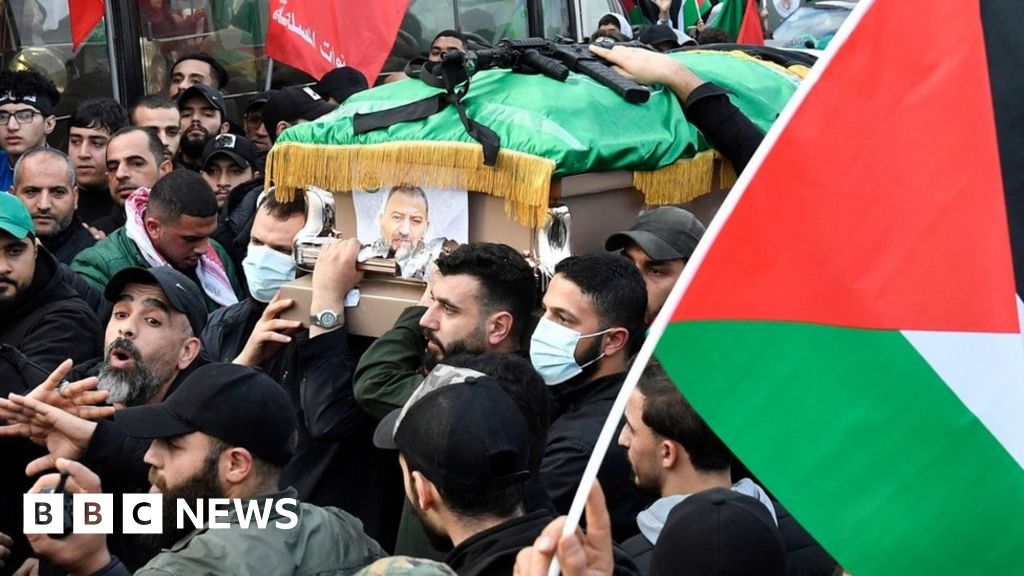
On January 5th, 2024, Hezbollah leader Hassan Nasrallah announced that his group would retaliate against Israel after the killing of a Hamas official in Beirut. The Israeli national security officials believe that Saleh al-Arouri was involved in funding and training Hamas militants who carried out the October 7 terrorist attack on Israel, which killed 1,200 people mostly civilians. Hezbollah vowed not to let Arouri's death go unpunished and characterized it as a dangerous development in the course of the war between Israel and Hezbollah.
